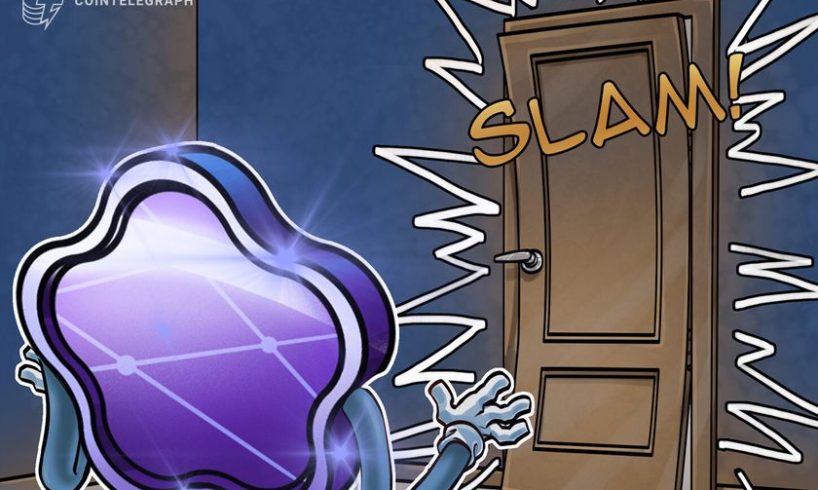
Sports betting platform DraftKings has shut down its nonfungible token business effective immediately due to recent “legal developments.”
It comes four weeks after a federal court judge denied a motion to dismiss from DraftKings related to a class action lawsuit alleging the DraftKings-issued NFTs were unregistered securities.
“After careful consideration, DraftKings has decided to discontinue Reignmakers and our NFT Marketplace, effective immediately, due to recent legal developments,” DraftKings reportedly told users in an email.
“This decision was not made lightly, and we believe it is the right course of action.”
NFT collectors of its fantasy sports game Reignmakers will be allowed to access and transfer their assets.
Screenshot of email from DraftKings to end Reignmakers and its NFT marketplace. Source: X
DraftKings launched its NFT marketplace on the Ethereum layer 2 Polygon network during the NFT summer of 2021.
Part of this motivation came from seeing how strongly NBA Top Shot NFTs were being embraced, one of the firm’s founders, Matt Kalish, said in February, 2023.
The firm saw “immense” demand from one of its first Tom Brady-themed NFT collectibles, which sold out “immediately.”
But things turned for the worst in March, 2023, when DraftKings customer Justin Dufoe launched a class action against the firm, claiming its NFT met the prongs of the Howey test.
On July 2, the court found that Dufoe “plausibly pled” that DraftKings NFTs were investment contracts and thus securities “within the meaning” of the Securities Act and Exchange Act.
Dapper Labs — the issuer of the NBA Top Shot NFTs — faced a similar court case in June, eventually agreeing to pay $4 million to settle the dispute.
Related: Web3 experts cite innovation and PR as key challenges for NFT adoption
It comes a day after two artists sued the US securities regulator seeking clarity on whether NFTs fall under the commission’s authority.
Attorneys representing the artists asked the court whether they need to “register”…
..






